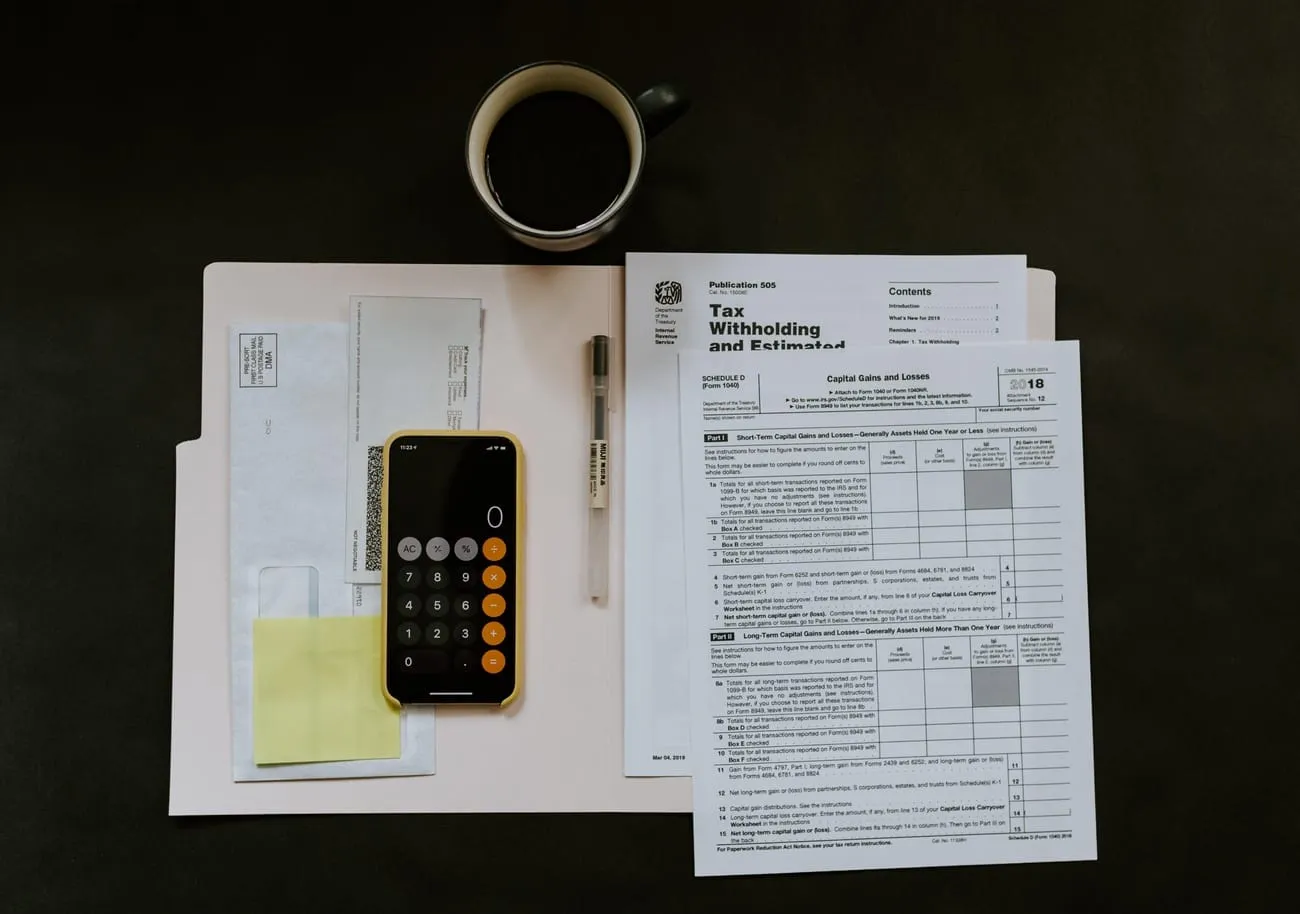What is GST Registration? And how to register

Starting a business in Australia can be an incredibly exciting experience. You spend a lot of time, effort, and money to set up your operations to get your business up and running quickly. Of course, proper bookkeeping is essential to your success.
Good bookkeeping will provide you with a clear picture of the health of your business. However, it’s not all fun and games. It can be very time-consuming, tedious, and quite complex.
Unsurprisingly, this is an area where many business owners can make mistakes when starting their business. With lots of forms and BAS regulations that are constantly changing, it's easy to overlook critical aspects, such as your bookkeeping and GST registration.
What is GST?
The Goods and Services Tax (GST) is a 10% tax that is levied on nearly all goods and services sold or consumed in Australia. Your business must be registered to collect GST. As a GST-registered business, you must include GST in the price you charge for your goods and services. This portion must then be paid to the Australian Taxation Office (ATO) by the due date.
Although GST is a broad-based tax, it doesn't apply to everything. In fact, the GST tax does not apply to most foods, education, or healthcare expenses. Furthermore, products and services that are exported are not subject to GST.
Businesses also pay GST on the products and services they purchase. Therefore, the amount owed to the Australian taxation office is really the difference between what has been collected and what has been paid. When a company's expenses exceed its income, it may be entitled to a reimbursement.
Who Needs to Register for GST and When is it Required?
If your business meets the following criteria, it will need to register for GST:
- Businesses with annual revenue of $75,000 or more that are based in Australia.
- Taxi and ride-sharing drivers, regardless of how much money they make.
- Not-for-profit organisations with a revenue of $150,000 or more per year.
- Companies wishing to obtain fuel tax credits.
- Retailers from outside Australia with annual sales of $75,000 or higher.
If a company's annual revenue exceeds $75,000 or is expected to surpass that amount, it must register for GST. New business owners who intend to make more than $75,000 in their first year of operation should register for GST, according to the ATO.
It's important to note that GST turnover is your company's gross income, not its profit.
Once a business becomes GST-eligible, it has 21 days to register. Unregistered businesses that are on the verge of exceeding the GST threshold should register for GST as a precaution.
However, once registered for GST, you must include GST in your fees and claim GST credits for your business purchases, even if you are still under the limit.
The GST Registration Process
The process for registering for GST is simple and it doesn’t cost anything. Plus, as a GST-registered business, you get the following benefits:
- Improves business credibility: Some companies will only do business with GST-registered companies to claim the GST credit. The seller must provide a tax invoice that clearly states the GST payable.
- Improves cash flow: You'll earn an extra 10% on sales that don't have to be paid until quarterly business activity statements (BAS) are due.
- Claim GST credits: GST credits can be claimed on day-to-day business expenses including gasoline and phone charges. If your GST credits are greater than your GST due, you'll be eligible for a GST refund.
You’ll need an Australian Business Number (ABN) to register your business for GST. However, if you're forming a company, you'll need an Australian Company Number (ACN) before you can apply for an ABN.
To register your business for GST, you must first fill out an application. You use the same form to register for an ABN as well as other tax registrations.
- Get your ACN, and ABN and register for GST with the Business Registration Service.
- You can also apply for GST using the ATO's business portal
Businesses rely on the business portal to communicate with the ATO. You can also use the business portal to submit your business activity statements (BAS).
GST Registration for Sole Traders
When you work for a company, you'll most likely be paid an hourly rate or a salary that allows you to estimate how much money you'll make in a year. As a freelancer, your income may be less consistent, and you may not know how much you will earn in each month.
There are several approaches to this problem:
- If you've been freelancing for a while, you can estimate how much you'll make based on previous earnings.
- If you overestimate your tax payments, you will receive money from the government after filing. Remember that it is preferable to overpay than to underpay!
- Because many freelancers and sole proprietors pay their taxes quarterly, you only need to estimate for three months at a time.
GST Registration for Small Businesses
As previously stated, the GST threshold for small businesses in Australia is $75,000 per year. You should always keep current and expected turnover in mind to stay in compliance with the ATO's GST requirements.
Even if you aren't beyond the GST threshold, registering for GST has advantages for small businesses.
For example, you may be thinking about purchasing expensive business-related equipment. If you intend to buy a car primarily for business purposes, you should register for GST. This is especially true if most of your clients are GST-registered companies.
This means you can claim GST credits on business-related car purchases and receive a reasonable GST refund on your BAS statement. The best part is that you can do this even if your annual income is less than $75,000!
Get Professional Assistance with GST Registration
If your business is growing, you'll need to register when the $75,000 annual GST registration level is achieved. If you are below the threshold, you should assess the advantages and disadvantages and seek professional tax guidance.


